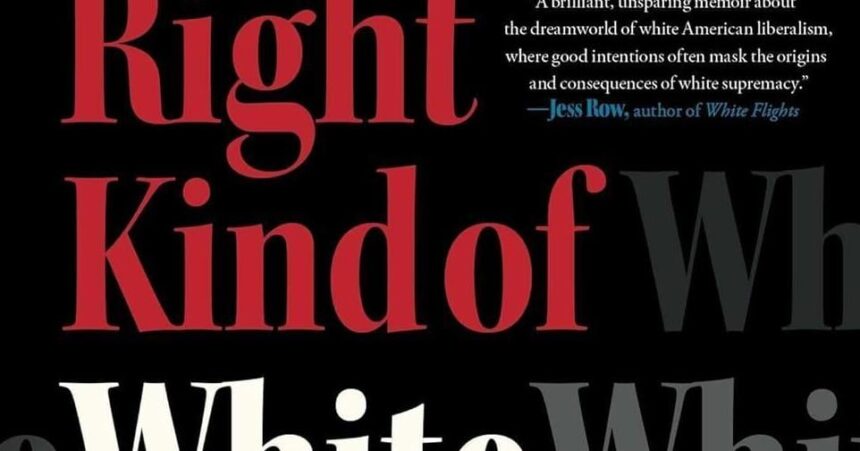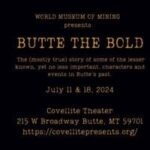“The Right Kind of White”
(Simon & Schuster, Hardcover $27.99)
A cliché about memoir is that a good memoir is the writer being so honest with the reader that it is painful to turn the page. Memories of violence, heartbreak, and emotional honesty are good ways for the author to flay the reality of their lives so that readers can see its dermis, subcutaneous fat, muscle and bone. In many ways, good memoir can feel like being privy to an honest therapy session.
“The Right Kind of White” by Garrett Bucks is definitely an honest therapy session. It is a memoir aimed at telling the story of white “do-gooder” liberalism and how that can be a cover for doing the actual work of liberation and justice. But that interesting concept is turned into a memoir that feels less than salient. So the question is, why did Bucks write this particular memoir and should that interrogation have remained a therapy session?
People are also reading…
Garrett Bucks, “The Right Kind of White”
“I originally conceived of this book as a sociohistorical analysis of the varying ways that white people have defined themselves in relation to one another throughout American history. I realized very early in that process, though, that while I truly believe that there’s a collective story at play here, I couldn’t honestly tell that story without first interrogating my own,” Bucks writes in his introduction.
The sociohistorical analysis of intra-group relationships would be a deeply interesting project, one that might clarify certain aspects of Bucks’ book here. Bucks covers his life, from Montana to Maryland back to Montana, to a small liberal Quaker school in Indiana to Teach for America in New Mexico to Sweden and back to the United States in time for the 2016 election and a fitful spasm of racial relations not being swept under the rug. But a reversed order of book-writing operations might have been the call here in terms of what conclusions Bucks’ reaches about whiteness and his relationship to it and other white people.
I believe it to be true that Bucks’ book is also a readily accessible, easily readable, and sometimes deep exploration of his own whiteness and his relationship to the relationships that whiteness creates. His feelings of otherness in high school and grade school, and his own realization of his whiteness are intriguing and honestly interesting. However, his framing of “The Right Kind of White” as a project that sprang out of the summer of 2020 and the ferment of the coronavirus, racial violence, and protest means that his book is still just about his own project of understanding himself, which can be a very tight frame to write a book about.
That is enough reason as any to write a memoir like this. But the fact is he introduced the concept for what feels to me like a much more interesting book and then provided something entirely different. When I think of memoir that takes on the task of dealing with whiteness, other books come to mind. Kendra Atleework’s “Miracle Country” and the general tenor of Wendell Berry’s works are both excellent explorations of whiteness and the author’s relationship to land, family and the intellect. But they also have genuinely impressive writing within. Truth is worth making an incision and conducting invasive surgery. And throughout “The Right Kind of White,” I never felt like Bucks sliced himself open in the way that great memoir can, showing the viscera not just for the gory shock of the thing but to see how the body works, where the pulses of life come from, and the truth of the matter at hand.
Thomas Plank is a former Missoulian and Independent Record journalist. When he is not working for Backcountry Hunters & Anglers, he is fly-fishing western Montana’s rivers and considering better ways to expand his bookcase situation because let him tell you, he’s running out of room already.





